Frequent School Closures In Iran Hurt Education - Report
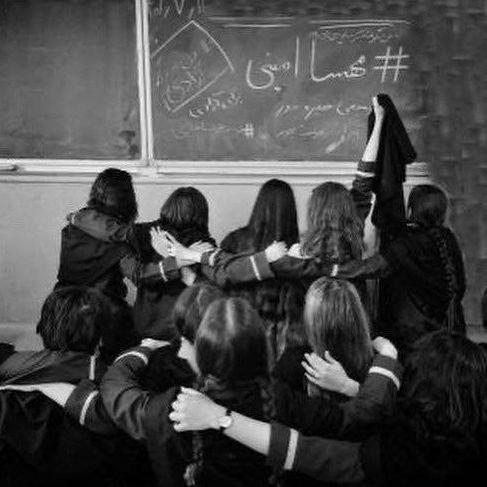
An Iranian newspaper in Tehran says four months into the academic year in Iran, students have attended school for only 38 days.

An Iranian newspaper in Tehran says four months into the academic year in Iran, students have attended school for only 38 days.
Farhikhtegan newspaper reported Tuesday that one of the reasons for school closures has been the nationwide protests following the death of Mahsa Amini in police custody in mid-September.
The protests were extended to schools, and not only did a large number of students support it, but also many were subjected to violence by the security forces and arrested.
The newspaper also mentioned air pollution, unprecedented cold snap, snowfall and heavy rain, and the national football team's matches in the World Cup in Qatar as other reasons for school closures.
Farhikhtegan warned that "If it continues like this, that would be the end of public education in the country."
Meanwhile, Iran’s Parliament Research Center reported a 17% increase in the number of students who are left out of school compared to the previous six years.
According to the report, the number of students who missed school this year is more than 900 thousand.
The children are left out of schools are those who come from poorer families.
The five provinces of Sistan and Baluchestan, Razavi Khorasan, Tehran, oil-rich Khuzestan and West Azerbaijan have the highest number of students deprived of education.
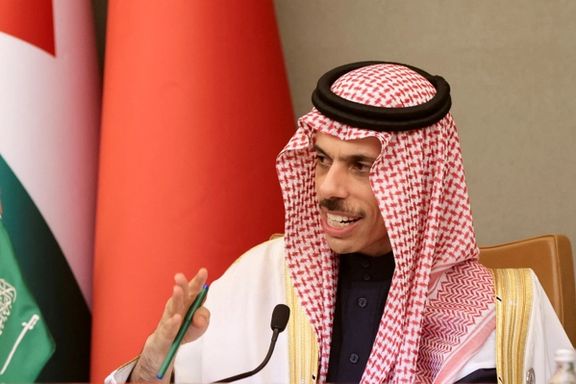
Saudi Foreign Minister Prince Faisal bin Farhan Al Saud said the kingdom was trying to find a path to dialogue with Iran as the best way to resolve differences.
He said a decision by Saudi Arabia and other Gulf states to focus on their economies and development was a "strong signal to Iran and others in the region that there is a pathway beyond traditional arguments and disputes towards joint prosperity".
Tensions spiked between Saudi Arabia and Iran after Tehran got involved in Syria’s civil war in 2011 and began building a network of proxy forces in the region.
Riyadh and Tehran cut ties in 2016 but officials from the two countries have held five rounds of direct talks hosted by Iraq since last year without achieving any diplomatic breakthroughs.
Arab states around the Persian Gulf are concerned about Iran's nuclear and ballistic missile programs and network of regional proxies but want to contain tensions as they focus on economic priorities.
"This is complex question, but we will have to talk about how we find a pathway to ending the conflict," he said.
Prince Faisal said attention on the Middle East was also needed, citing Syria as well as regional concerns over "provocative policies" by Israel's new government headed by Benjamin Netanyahu in an alliance with ultra-nationalists.
Netanyahu has pledged to pursue formal Israeli ties with Riyadh to build on normalization pacts signed with the United Arab Emirates and Bahrain in 2020 under his leadership.
Saudi Arabia blessed the US-brokered pacts but stopped short of formally recognizing Israel in the absence of a resolution to Palestinian statehood goals.
Reporting by Reuters
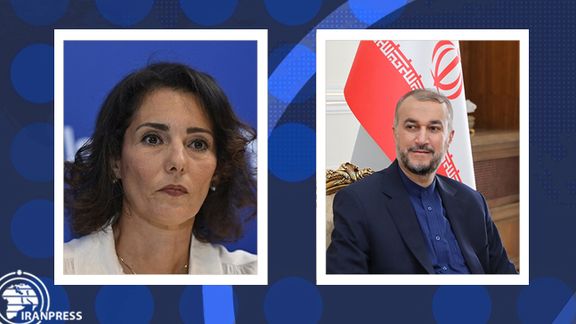
Amid simmering tensions over the fate of a Belgian aid worker sentenced to 40 years in prison in Iran, the foreign ministers of the two countries are in constant contact.
Belgium's Foreign Minister Hadja Lahbib and her Iranian counterpart Hossein Amir-Abdollahian held two phone conversations on Saturday and Monday – January 14 and 16. In the readout of both calls, the Islamic Republic’s foreign ministry did not mention the case of the aid worker and only said the two diplomats discussed bilateral ties and ways to expand cooperation as well as latest state of consular cooperation between the two countries.
Earlier in the month, the Islamic Republic’s judiciary sentenced Olivier Vandecasteele, who was detained in 2022, to 40 years in prison and 74 lashes for alleged “spying and cooperation with the United States, money laundering and currency smuggling $500,000 out of Iran.”
Vandecasteele, 41, has served in various international humanitarian organizations since at least 2006, including, Médecins du Monde, Norwegian Refugee Council (NRC), and Relief International. He worked in Iran for humanitarian organizations for more than six years and left the country. Later, he was lured back by “a girlfriend” and was detained in February 2022. A spokesman for Vandecasteele’s family announced in December that he has been sentenced to 28 years in prison.

However, according to French daily Libération, Tehran has explicitly informed Belgium that Vandecasteele will only return to his country only if Asadollah Asadi -- an Iranian diplomat imprisoned in Belgium, returns to Iran. Assadi, 50, a former attaché at the Iranian embassy in Austria, was convicted of plotting to bomb a gathering of the exiled opposition group Mujahedin-e Khalq Organization (MEK) near Paris on June 30, 2018. He is currently serving a 20-year sentence in Belgium for “attempted murder and involvement in terrorism.”
Earlier in the year, the Belgian parliament passed a law proposed by the government about a prisoner exchange treaty between Tehran and Brussels, creating an uproar in the international community since it could lead to the release of Assadi, and potentially turning Belgium to a safe haven for the agents of the Islamic Republic to operate in Europe. Numerous people and groups from around the world warned about the imminent perilous consequences of the prisoner exchange treaty, calling it “the green light to state terrorism” that only emboldens the Islamic Republic.
The phone conversations between Lahbib and Amir-Abdollahian took place a few days after the Belgian minister vowed at the parliament that her ministry would do its best to improve the conditions of Vandecasteele in prison and work for his release. She said her ministry is doing everything it can for the release of Vandecasteele noting that they have stepped up diplomatic efforts and are exhausting all possible leads.
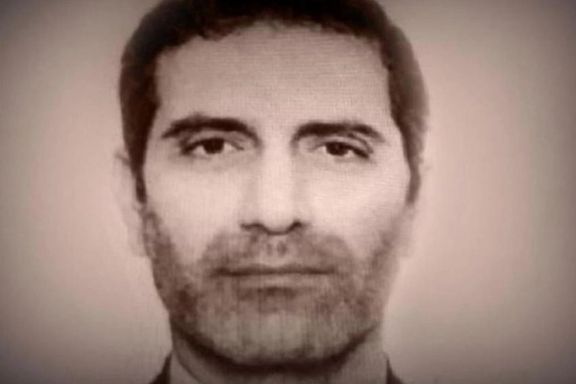
However, according to the Brussels Times, the liberal party in the parliament deemed such promises insufficient and called on Lahbib to travel to Iran and increase the political pressure on the Islamic Republic’s authorities about his case.
Belgium and Vandecasteele’s family believe he is innocent and a victim of hostage taking by the Iranian regime.
In the past years, 49 European citizens have been arrested in Iran. Eighteen of them are still in prison, including the Belgian citizens. Two of them have been killed: one has been executed and one died due to lack of medical access.
There were speculations that the prisoner swap agreement would lead to Asadi’s exchange with Swedish-Iranian professor Ahmadreza Djalali (Jalali), who was arrested during a working visit to Iran about seven years ago. He was sentenced to death in October 2017 on charges of spying for Israel.
Amnesty International released a detailed research and analysis paper in May to prove that Iranian authorities were threatening to execute Djalali to compel Belgium and Sweden to hand over Asadi and Hamid Nouri who is in prison in Sweden for involvement in mass execution of prisoners in 1980s, and “to deter them and others from future prosecutions of Iranian officials”.
UN experts and international human rights organizations say that the Islamic Republic takes foreigners hostage to extract concessions from the West.
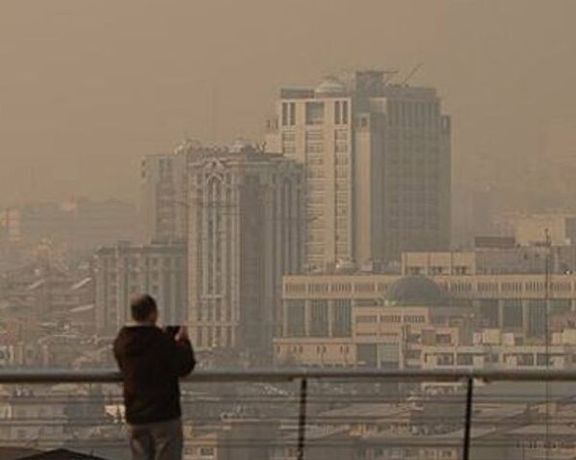
Iran says air pollution in industrial cities will continue until Thursday, and the northeastern city of Mashhad is currently the most polluted city in the country.
Sadeq Ziyaian, Head of National Center for Forecasting and Crisis Management announced Tuesday that "air pollution will continue in industrial and densely populated cities,” after weeks of dangerous levels of pollutants in the air.
The northeastern city of Mashhad, as the most polluted metropolis, with a pollutant index of 154, was placed in an unhealthy category for "everyone". The situation in Esfahan in central Iran is equally dangerous with a pollutant index of 153.
Tehran, Karaj, Ahvaz and Tabriz are at the top of the industrial cities that experience air pollution.
Based on the approval of Tehran Air Pollution Emergency Committee, schools in all cities of the province were shut on Tuesday.
Experts say the reason for the high concentration of air pollutants is burning mazut, a dirty fuel, instead of natural gas in thermal power plants.
Mazut -- commonly called waste oil -- is a heavy, low quality fuel oil, only used when the facilities to blend or break it down into more conventional petrochemicals such as diesel are not available.
Iran has the world’s second largest natural gas deposits but is unable to boost production because it lacks capital and Western technology. It needs to invest $40 billion in modernizing and expanding its gas fields, but most are in the Persian Gulf and need Western technology.
Due to its anti-West foreign policy and an expanding nuclear program, Iran is under US sanctions and cannot borrow money or technology from the West.
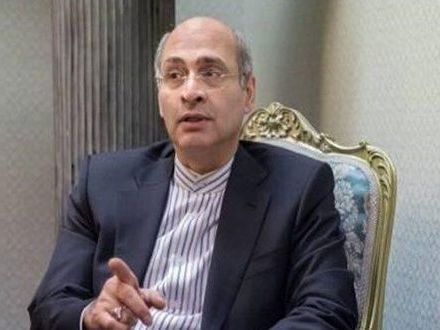
As reactions by European countries to the execution of British Iranian citizen Alireza Akbari continue, the Dutch foreign ministry summoned the Iranian ambassador Monday to deliver a protest.
Like other European capitals, Amsterdam expressed its displeasure and protest to Iran's Ambassador Alireza Kazemi Abadi.
This is at least the third time in the past month that the Iranian ambassador to the Netherlands has been summoned. Since Iran began executing detained protesters in December, the ministry of foreign affairs of the Netherlands has protested to Tehran.
Alireza Akbari, a dual national, and a former top employee of Iran’s ministry of defense was executed Saturday on espionage charges.
Britain called the execution a barbaric act immediately after the announcement by Iran on Saturday and said it would not go unpunished.
French President Emmanuel Macron said Akbari’s execution is a heinous and barbaric act.
Iran’s action triggered a major escalation in tensions between the West and the Islamic Republic, which were already sour over Tehran’s crackdown on nationwide antigovernment protests and its military support for Russia’s invasion of Ukraine.
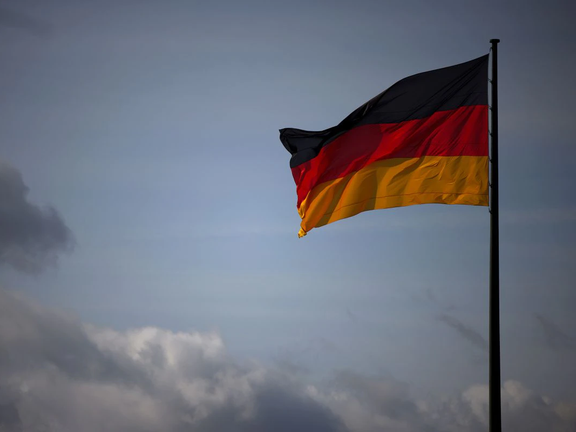
Iranian media say a German national has been detained in the southern Khuzestan province while "photographing sensitive centers".
Jam-e Jam daily, which is owned by Iran's state broadcaster, reported Tuesday that the person was arrested while taking photos of Omidiyeh oil facilities.
Omidiyeh is home to the Aghajari oil field which is owned by National Iranian Oil Company (NIOC) and operated by National Iranian South Oil Company.
No other details have been published yet, but Jam-e Jam has told it will report more on the issue later.
After the outbreak of protests over the death in custody of Mahsa Amini in mid-September, Iran had detained tens of foreign nationals including those from France, Germany, Italy, Poland and the Netherlands.
Following Supreme Leader Ali Khamenei’s lead, Iranian officials claim the ongoing anti-government protests across Iran are instigated by foreign enemies.
Germany and other European countries have slammed Iran's killing of protesters and increased human rights violations, with proposed plans to designate the Revolutionary Guard as a terrorist organization across Europe.
Meanwhile, several foreigners visiting Iran have also disappeared, confirming earlier reports that the Islamic Republic is taking foreign citizens hostage.
Tehran denies any policy of hostage taking and insists all foreigners are tried according to legal process. However, it has frequently shown readiness for prisoner exchanges and participated in swaps in the past.